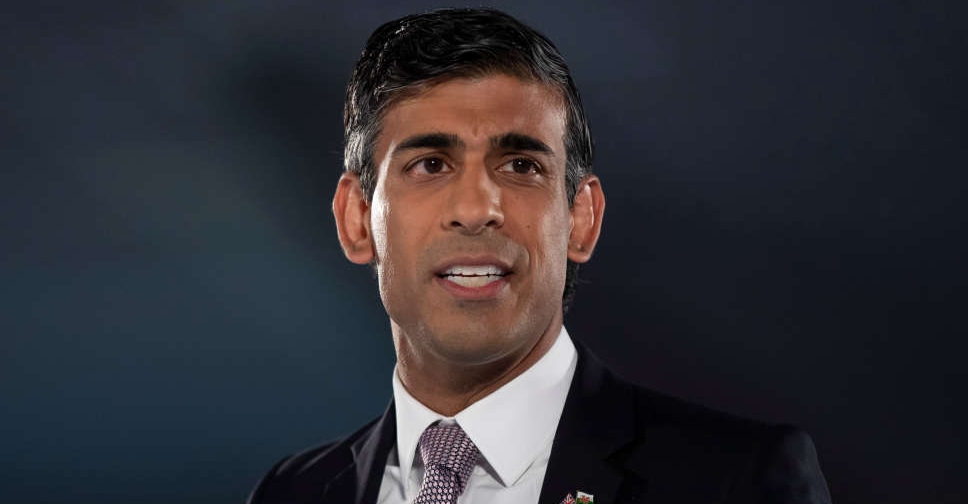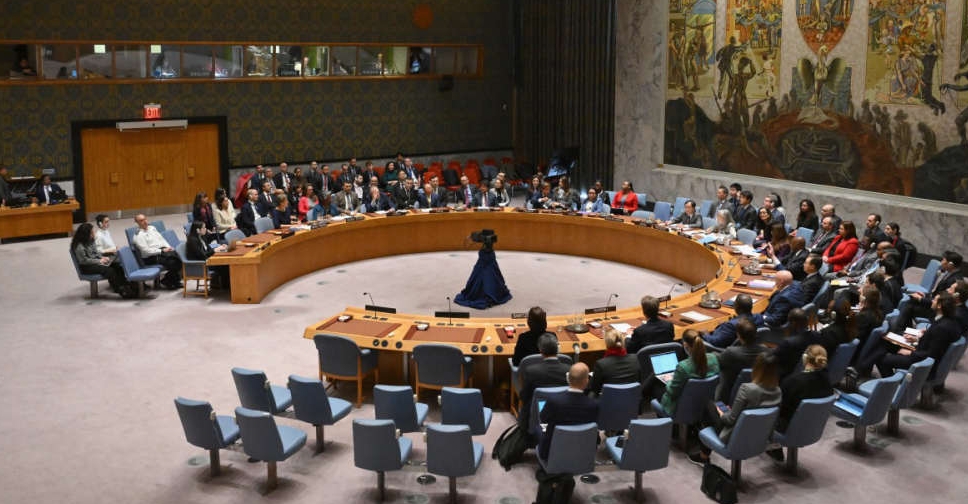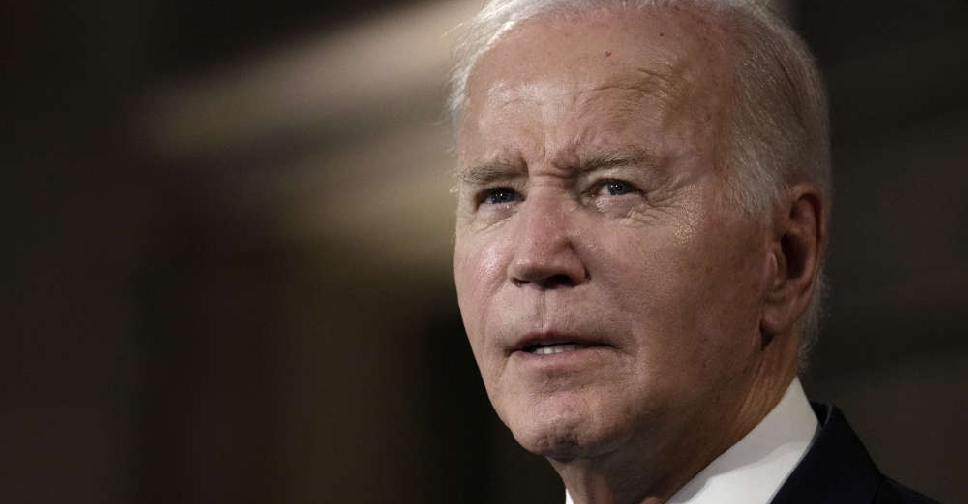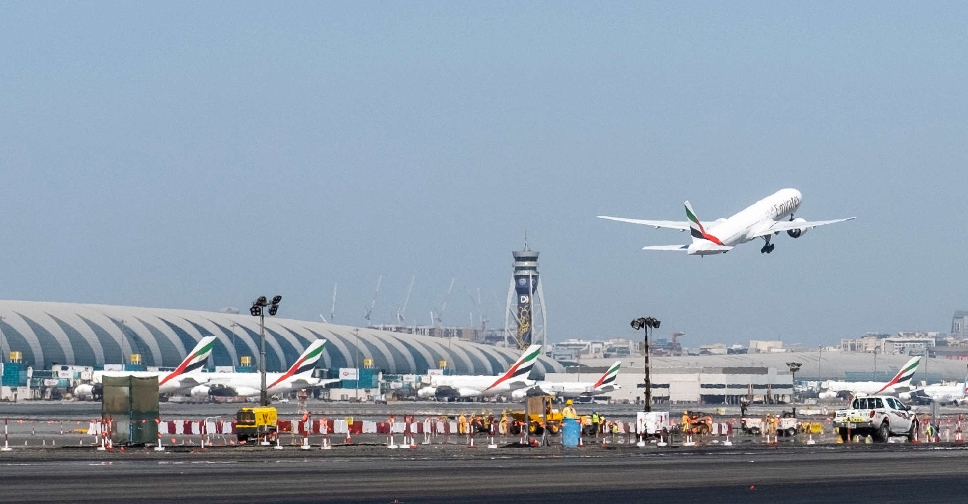
Prime Minister Rishi Sunak promised on Wednesday to tackle Britain's most pressing problems, from cutting inflation to ending illegal migration, in a speech aimed at reassuring his restive Conservative Party before the next election.
In an address that was high on ambition but low on detail, Sunak said his government would build "a better future for our children and grandchildren" and asked the public to judge him on "the results we achieve".
It was as much a statement of intent as it was a reply to critics who doubt whether the 42-year-old former Goldman Sachs analyst and hedge fund partner has what it takes to lead his party to victory in an election expected next year.
After one failed attempt at becoming prime minister last year, Sunak took the job after his predecessor and one-time rival Liz Truss was forced from power in October after just 44 days when markets rejected her unfunded tax-cutting plans.
He has since faced a myriad of problems - thousands of workers have gone on strike to protest over pay, the health service is in crisis, inflation is hovering around 40-year highs and economists see Britain slipping into a long recession.
"I want to make five promises to you today. Five pledges to deliver peace of mind. Five foundations, on which to build a better future for our children and grandchildren," Sunak said in a speech in east London.
He listed his five promises: halving inflation, growing the economy, reducing debt, cutting National Health Service waiting lists and stopping the small boats that carry illegal migrants across the English Channel from France.
"Those are the people's priorities. They are your government's priorities. And we will either have achieved them or not ... So, I ask you to judge us on the effort we put in and the results we achieve," Sunak said.
Some of his plans look more achievable than others.
Economists say inflation should fall naturally, but growing the economy and cutting national debt could be more difficult.
While 2024 should bring a return to economic growth, the Office for Budget Responsibility (OBR) last month predicted economic output would only return to its late-2019 level by the end of next year - in other words, five years of lost growth.
On national debt, the OBR projects that it will increase in the coming years, both in absolute terms and as a percentage of economic output.
Record-high waiting lists to get doctors' appointments might also be tricky to bring down quickly, while slowing migrant boat arrivals depends on the French authorities as well as on London.
Billed by his Downing Street office as a speech to set out his priorities for the year ahead and ambition for a better future for Britain, Sunak said his government would plan for the long-term, changing the way the country works.
Part of those plans was his commitment to deliver on issues such as low numeracy rates in England.
Keen to counter those who say his personal wealth and marriage to the daughter of an Indian billionaire make him unable to understand the suffering of many workers in Britain, he said numeracy and education was "personal for me".
"Every opportunity I've had in life began with the education I was so fortunate to receive," Sunak said, setting out a new ambition of ensuring that all school pupils in England study some form of maths to the age of 18.
The speech could not have come sooner for those in his governing Conservative Party who see little chance of winning the next election, and who fear Sunak comes across as more of a manager than an inspirational leader.
With the opposition Labour Party holding a strong lead in opinion polls, some Conservative lawmakers and ministers have for weeks called on their leader to act and set out his vision to try to pull Britain out of its tailspin.
"No tricks, no ambiguity. We're either delivering for you or we're not," Sunak said on Wednesday. "I ask you to judge us on the effort that we put in and the results that we achieve."

 Security Council to vote on Palestinian UN membership
Security Council to vote on Palestinian UN membership
 Toll from Russia's deadliest airstrike on Ukraine in weeks rises to 18
Toll from Russia's deadliest airstrike on Ukraine in weeks rises to 18
 UNRWA chief warns man-made famine tightening grip across Gaza
UNRWA chief warns man-made famine tightening grip across Gaza
 Indonesian volcano eruption forces evacuations, airport closure
Indonesian volcano eruption forces evacuations, airport closure
 US House to vote on Ukraine and Israel aid, despite hardline objections
US House to vote on Ukraine and Israel aid, despite hardline objections




